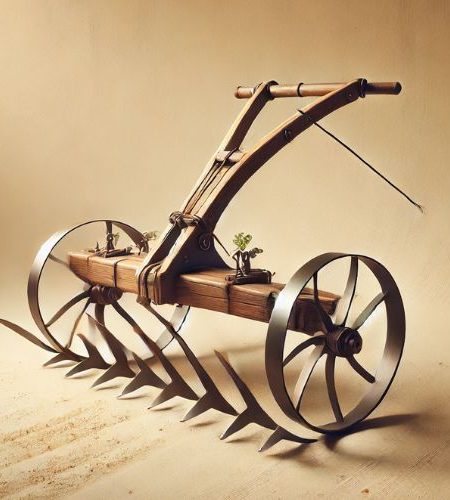Plough Monday, observed annually on the first Monday after Epiphany (January 6), marks the traditional start of the English agricultural year. In 2026, it falls on January 12. This day signifies the resumption of work after the Christmas period, especially in rural communities, and is celebrated with various customs and festivities.
Table of Contents
History of Plough Monday
The origins of Plough Monday date back to at least the late 15th century. Historically, it marked the end of the Christmas season and the return to agricultural labor. In some regions, particularly in northern and eastern England, traditions included a procession where a plough was hauled from house to house, accompanied by musicians and costumed figures such as the “Bessy” and the “fool.” These processions aimed to collect money, often for maintaining the parish plough light—a candle kept burning in the church for the blessing of the plough and the land.
Over time, the religious aspects of Plough Monday diminished, especially after the Reformation, but the customs persisted in various forms. In some areas, men or boys dressed in straw costumes, known as “straw bears,” and went door to door dancing for money. This tradition has been revived in modern times, notably in Whittlesey, Cambridgeshire, where the Whittlesey Straw Bear Festival is held annually on the Saturday before Plough Monday.
Why is Plough Monday important?
Plough Monday holds significance for several reasons:
- Cultural Heritage: It preserves traditional English customs and offers insight into historical rural life.
- Community Spirit: The associated festivities foster a sense of community and shared identity among participants.
- Continuation of Traditions: Revived customs, such as the Whittlesey Straw Bear Festival, keep historical practices alive for future generations.
- Educational Value: It provides an opportunity to learn about agricultural history and the seasonal cycles that influenced rural societies.
- Celebration of Labor: The day honors the hard work of farmers and the importance of agriculture in sustaining communities.
How to celebrate Plough Monday
Celebrations of Plough Monday can include:
- Attending Festivals: Participate in events like the Whittlesey Straw Bear Festival, featuring processions, music, and dancing.
- Observing Traditional Dances: Watch or join in molly dancing, a traditional English dance associated with Plough Monday.
- Exploring Local Customs: Learn about and engage in regional Plough Monday traditions that may be unique to specific areas.
- Supporting Agricultural Communities: Use this day to support local farmers and understand the challenges they face.
- Educational Activities: Schools and community groups can organize events to teach about the historical and cultural significance of Plough Monday.
Subscribe to our newsletter and never miss a holiday again!

